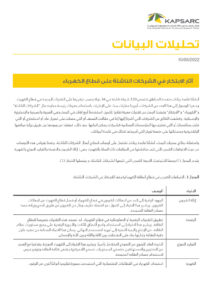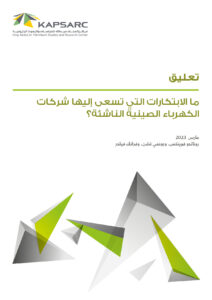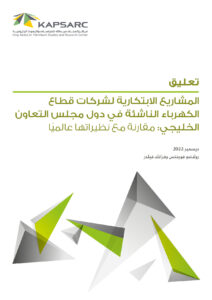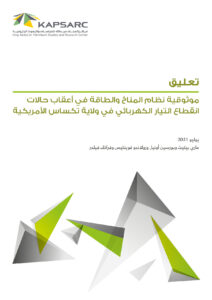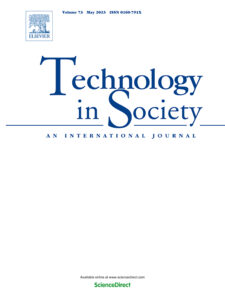يمتلك رولاندو فوينتس خبرة في نمذجة وهيكلة نماذج العمل المستقبلية في الطاقة والكهرباء والسياسات التنظيمية ، قبل التحاقه زميل باحث في مركز الملك عبد الله للدراسات والبحوث البترولية عمل مساعد باحث في معهد أكسفورد لدراسات الطاقة بالإضافة لعمله في مركز أبحاث الطاقة الأمريكي أي ات اس سيرا، ومن خلال مهارته وتميزه في اعداد دراسات الطاقة التي توازن بين وجهات نظر الأكاديميين وصنّاع القرار، عين في منصب مدير إدارة المفاوضات الدولية في وزارة الطاقة في المكسيك ومدير برامج مشاريع الهيدروكربون
بعد حصوله على درجة البكالوريوس في الاقتصاد مع مرتبة الشرف من معهد مونيتري للتكنولوجيا والتعليم العالي في المكسيك، حصل على بعثة تشيفيننج لاستكمال تعليمه في بريطانيا، ليحصل على درجتي الدكتوراه والماجستير في اقتصاديات البيئة من كلية لندن للاقتصاد ومن كلية لندن الجامعية على التوالي، ليعمل بعدها محاضر في تقييم الأثر البيئي للسياسات البيئية ويتولى الاشراف على العديد من رسائل الماجستير في هذا المجال






